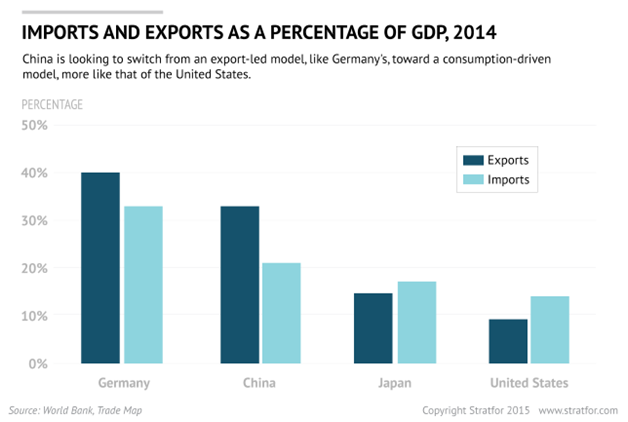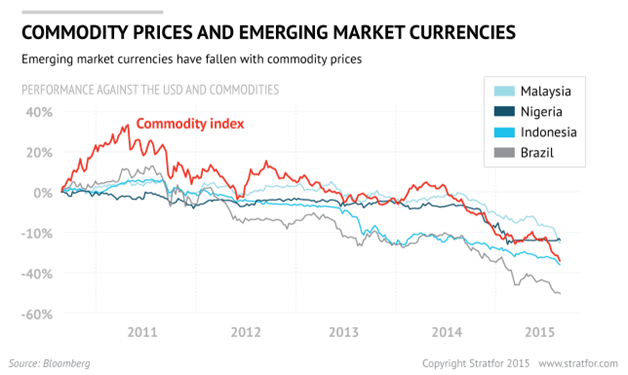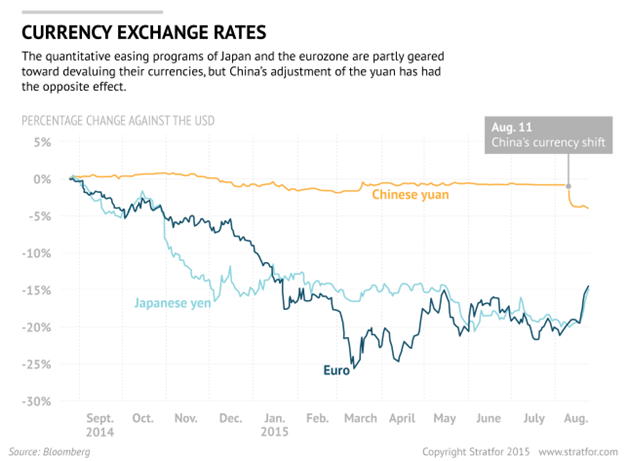The Association of Comprehensive Studies for Independence of the Lew Chewans (ACSILs)
Before the UNITED NATIONS
My name is Dr. Yasukatsu Matsushima, and I am a Ryukyuan (Okinawan) who was born and raised in the Ryukyus. The Ryukyus consists of 160 islands in the Pacific Ocean surrounded by Japan, Taiwan, China, and the Philippines. It is populated by about 1.4 million people. I am co-director of The Association of Comprehensive Studies for Independence of the Lew Chewans (ACSILs). The object of our association is to conduct academic research, discuss the Independence of the Ryukyus, and promote international cooperation to actualize independence.
Even though the Ryukyus has been subordinated to Japan, the sovereignty and the right of self-determination of Ryukyuans with their unique history, languages, culture and religious beliefs, should be preserved for Ryukyuans.
2. A Brief History of the Ryukyus
The Ryukyus was an independent country called the Ryukyu Kingdom from the 14 th century until 1879. In 1879, the Japanese Government annexed the Ryukyus by military force and started to rule the Ryukyus as its colony. This was a serious violation of Section 2 Article 51 and Article 52 of the Vienna Convention.
The Japanese Government imposed colonialist policies resulting in the dispossession of our lands and the prohibition of Ryukyuan languages in schools in an attempt to efface our languages, culture, and customs.
In 1945, the Japanese Government used the Ryukyus as a battle ground even though it was heavily populated by civilians. The number of Ryukyuan fatalities reached around 150 thousand, or about one-fourth of the population of the Ryukyus at that time. Ryukyuans who spoke in their native tongue were slaughtered by Japanese soldiers because it was not understandable to the Japanese and was prohibited during the war. Others were ordered to commit group suicides by Japanese soldiers because they were thought to be a burden to Japanese soldiers.
After the Pacific War, the Ryukyus were placed under the direct control of the US Military Government until 1972. The United States Civil Administration of the Ryukyu Islands forcefully confiscated land at gunpoint in order to construct military bases.
In the 1950s, US Marine bases were moved from the Japanese Islands to the Ryukyus. In 1962, following the United Nations Declaration on the Granting of Independence to Colonial Countries and Peoples and The Charter of the United Nations, the Ryukyuan Legislative body passed a resolution, stating that the US rule over the Ryukyus violated the principles of self-determination and territorial non-aggrandizement prescribed in the Charter of the United Nations. This resolution was sent to all 104 member states of the UN at that time.
In 1972, the colonial administration of the Ryukyus reverted from the US to Japan. The strong wishes of the Ryukyuans to remove all US bases were ignored. The military policies on the Ryukyus that have been dictated by the US and Japanese governments unilaterally to ignore Ryukyuan claims. The colonization of the Ryukyus is clearly evident militarily, politically, economically.
The large number of US bases are supported economically by the Japanese Government under the auspices of the U.S.- Japan Security Treaty and the Status of Forces Agreement. The power of this Agreement is beyond those of Japanese Constitution.
In 1972, the Japanese Government instituted the Okinawa Development Agency, which has made the Ryukyus an economic colony of Japan. This agency has facilitated the destruction of the environment in the Ryukyus. The Japanese Government has also used development funds to force US military bases onto the Ryukyus.
In 1996, I participated in the UN Working Group on Indigenous Peoples. In 2011, I was on the UN Special Committee on Decolonization as a member of the Guam Government to lobby for the decolonization and demilitarization of Guam and the Ryukyus. Thus far Ryukyuans have taken part in several UN organizations to decolonize and demilitarize the Ryukyus.
In 2006, Dr. Deu Deu Dien, a special reporter from the UN Commission on Human Rights, came to survey military bases on the Ryukyus. He reported that the Ryukyuan situation is abnormal and the Japanese Government discriminates against Ryukyuans. In 2008, the UN Human Rights Committee recognized that Ryukyuans are indigenous peoples and that their own cultural and language education must be promoted. In 2010, the UN Committee on the Elimination of Racial Discrimination stated that US military base problem on the Ryukyus is tantamount to racial discrimination.
3. Towards the Demilitarization of the Ryukyus
74% of all US military bases in the Japanese have been concentrated in the Ryukyus, which covers only 0.6% of all Japanese territory. Many military bases are located in small and densely populated islands. That is why there are so many accidents and crimes committed by US personnel.
The Government justifies the presence of the bases in the name of “public interest.” However, Ryukyuans argue that they suffer unusually from the consequences of the military bases and military training: permanent noise linked to military air traffic, plane and helicopter crashes, accidents due to bullets or “whiz-bangs”, oil pollution, fires due to air maneuvers, and criminal acts by American military officers. The noise due to airplanes and helicopters is higher than the level permissible by law and causes severe health consequences, including school problems in which children cannot concentrate and lessons are regularly interrupted by military airplanes.
We have faced such serious damage as field fires and bomb accidents caused by live ammunition practice, plane and helicopter crashes, deafening noise pollution, traffic accidents, the destruction of environmental and historical sites, erosion of indigenous cultural heritage, infringements upon the daily life of the Ryukyuans and so on. From 1972 to 2010, there have been 5,705 military related accidents and incidents.
Two of the most shocking cases are the rape of a 12-year-old school girl by three US soldiers in 1995 and the 2004 US helicopter crash at Okinawa International University. This helicopter belonged to Futenma Air Base. At that time, Okinawa Prefectural police officers were driven out, and they were prohibited from participating in the investigation. Victims received no compensation.
The Japanese Government hasn’t changed US-Japan Status of Forces Agreement in spite of the strong outrage amongst almost all Ryukyuans. This Agreement gives the US military personnel special privileges to refuse handing over criminal suspects to Japanese authorities and on-the-spot inspections.
According to a poll carried by The Ryukyu Shimpo (a local newspaper) and Okinawa Television Broadcasting,83 percent of respondents oppose relocation of the Futenma base within Ryukyus on May 30,31 in 2015. The Okinawa Prefectural Governor Takeshi Onaga and Nago City Mayor Susumu Inafuku also refuse to accept new bases anywhere in the Ryukyus.
We Ryukyuans insist that the militarization on the Ryukyus is a direct affront to the process of decolonization under the UN Special Committee on Decolonization (C– 24).
Ryukyuans must have the freedom to exercise their right of self-determination, eliminate discrimination, and protect and promote their human rights as an equal member of the international community according to the two International Covenants on Human Rights, the Declaration on Principles of International Law concerning Friendly Relations and Cooperation among States in accordance with the Charter of the United Nations, the Vienna Declaration on Human Rights, and UN Declaration on the Granting of Independence to Colonial Countries and Peoples.
4. Request for the Inscription of the Ryukyus into the UN List of Non-Self Governing Territories
The Ryukyus are a colony of Japan and US Governments because both have forced numerous military bases onto the Ryukyus for 70 years despite strong protest.
We petition that the Ryukyus once again become an independent state in order to be liberated from this colonial situation. We insist that the inscription of the Ryukyus into the UN list of Non-Self- Governing Territories under the purview of C-24 should be done as the obligation of UN.
We need the purview of UN Special Committee on Decolonization for Ryukyuans to live on our islands peacefully as human beings by exercising the right of all peoples to self-determination.
Niifaiyou (thank you)



 RSS Feed
RSS Feed